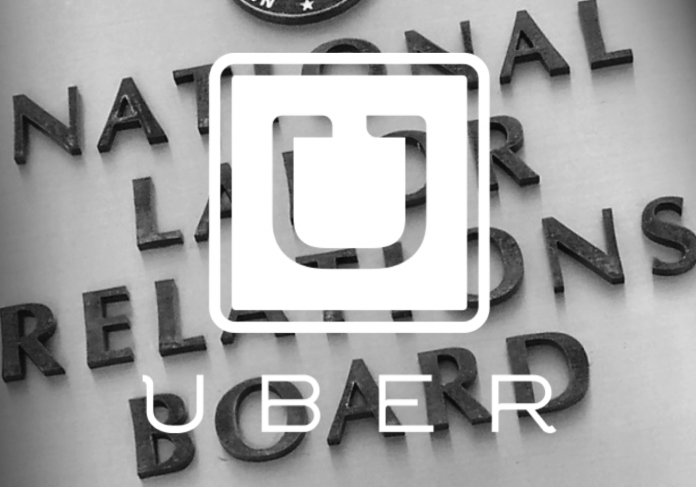The National Labor Relations Board has decided that Uber drivers are not ’employees’ under the National Labor Relations Act. Here’s why:
Earlier this week, the General Counsel of the National Labor Relations Board (NLRB) issued an ‘Advice Memorandum’ (in full below and here) determining that Uber drivers are independent contractors, not ’employees’ covered by the National Labor Relations Act.
The ruling has upset many who view it as a determination derived from political appointees of President Donald Trump.
However, as HR writer Suzanne Lucas notes, although the NLRB under President Obama viewed the issue differently, “the reality is, it’s a tough sell to argue that Uber drivers could be employees.”
The ruling is important for Uber because, as the New York Times reports, “[c]ontractors lack the protection given to employees under federal law — and enforced by the labor board — for unionizing and other collective activity, such as protesting the policies of employers.”
The NLRB’s rationale in deciding that Uber drivers are not NLRA-covered ’employees’ seems to center largely on the ‘entrepreneurial’ nature of Uber drivers ‘gigs.’
“Three features of the Uber system afforded drivers significant opportunities for economic gain and, ultimately, entrepreneurial independence,” according to the NLRB.
For example:
- “First, drivers had virtually unfettered freedom to set their own work schedules—they chose when to log in to the App to receive trip requests and how long to remain online. Drivers needed only to fulfill one trip request per month, and there was no upper limit. For any reason or no reason, the driver could simply log off.”
- “Second, drivers controlled their work locations by choosing where to log in to the App, within the broad confines of a geographic market, rather than being restricted to assigned routes or neighborhoods.”
- “Third, drivers could, and often did, work for competitors. In fact, drivers could toggle between different ride-sharing apps at will over the course of an outing. Moreover, Uber placed no limits on this freedom such as restrictions on drivers’ use of their cars or fees that drivers must pay even if they perform no Uber rides.”
- Further, “[d]rivers’ entrepreneurial independence is also apparent in contractual requirements that they indemnify Uber and hold it harmless for liability based on their own conduct.”
- And, “[l]ike certain other companies in the taxicab and shared-ride industries that lack an employment relationship with drivers, as well as many companies concerned with protecting their product or brand, Uber maintained minimum service standards and customer feedback channels to learn of and respond to any relevant customer service issues.” [Emphasis added.]
Uber Shares rose 3.3% on Wednesday, a day after the NLRB issued the Advice Memorandum, reported the New York Post.
NLRB Advice Memorandum Re Uber on Scribd





